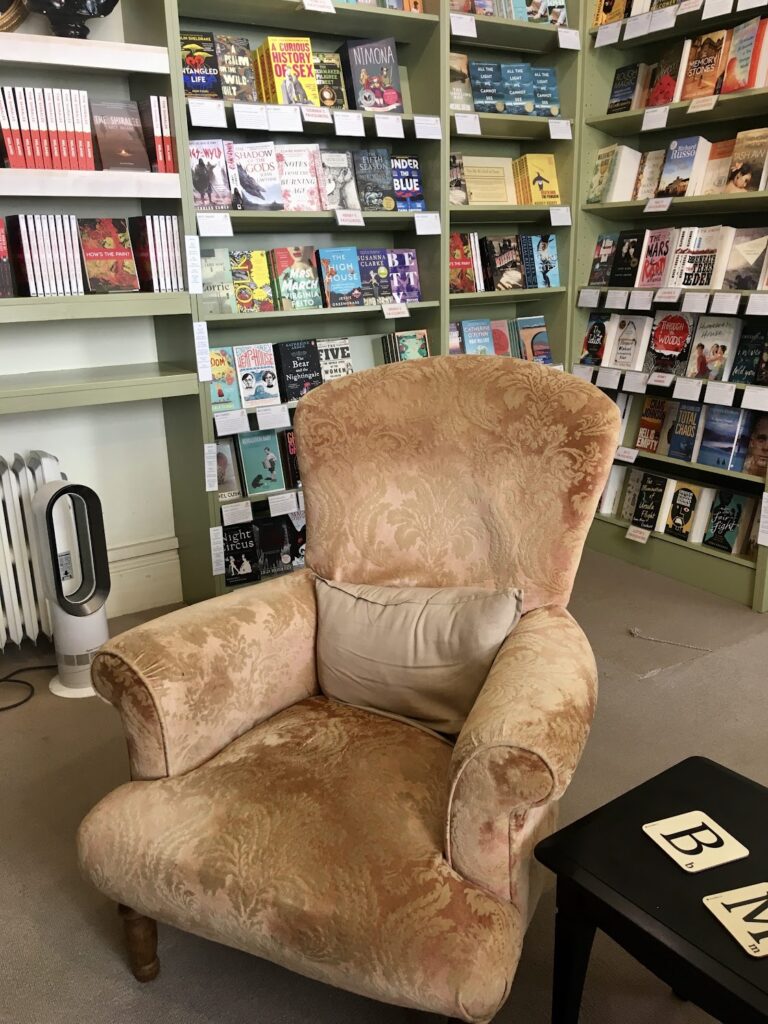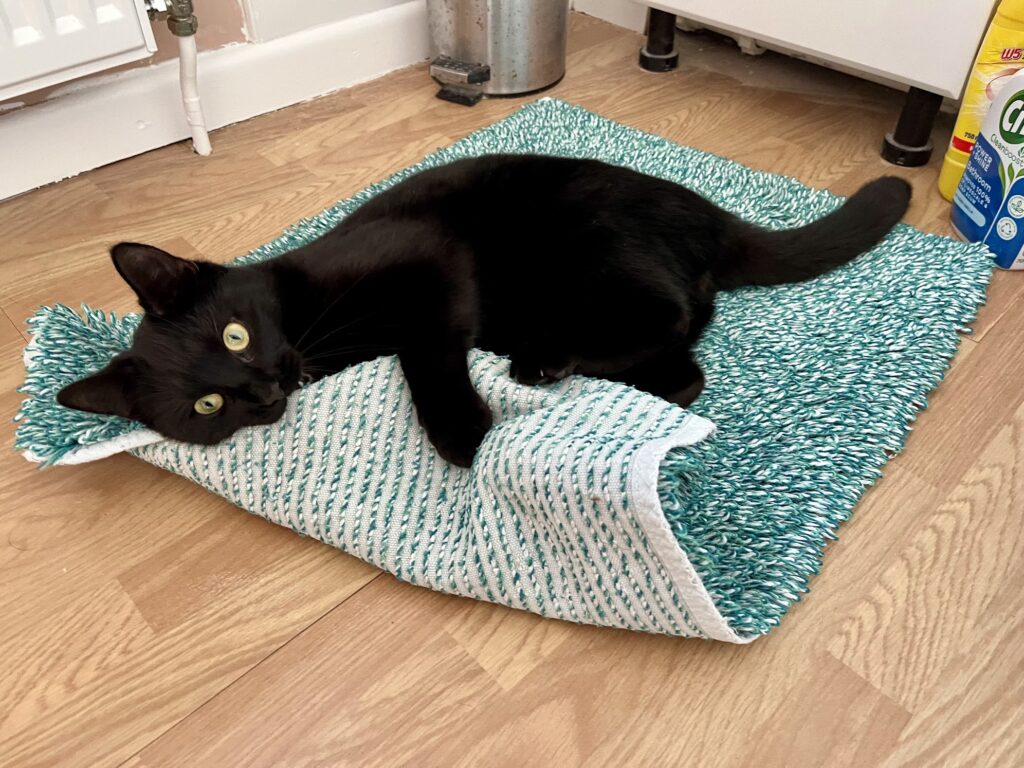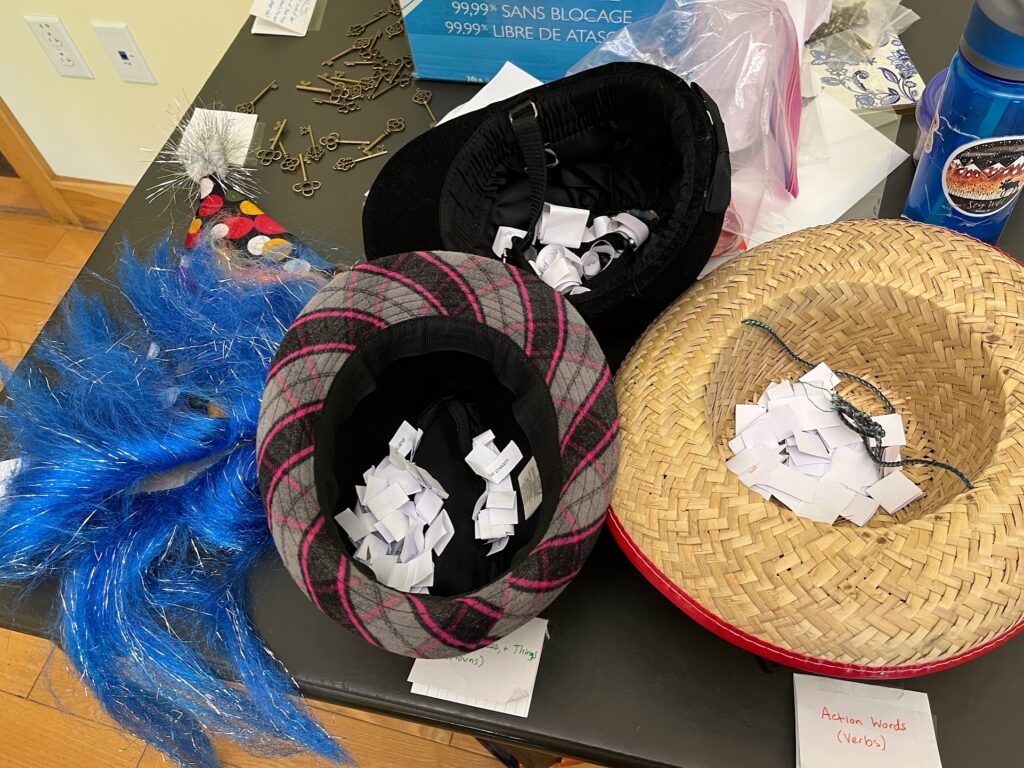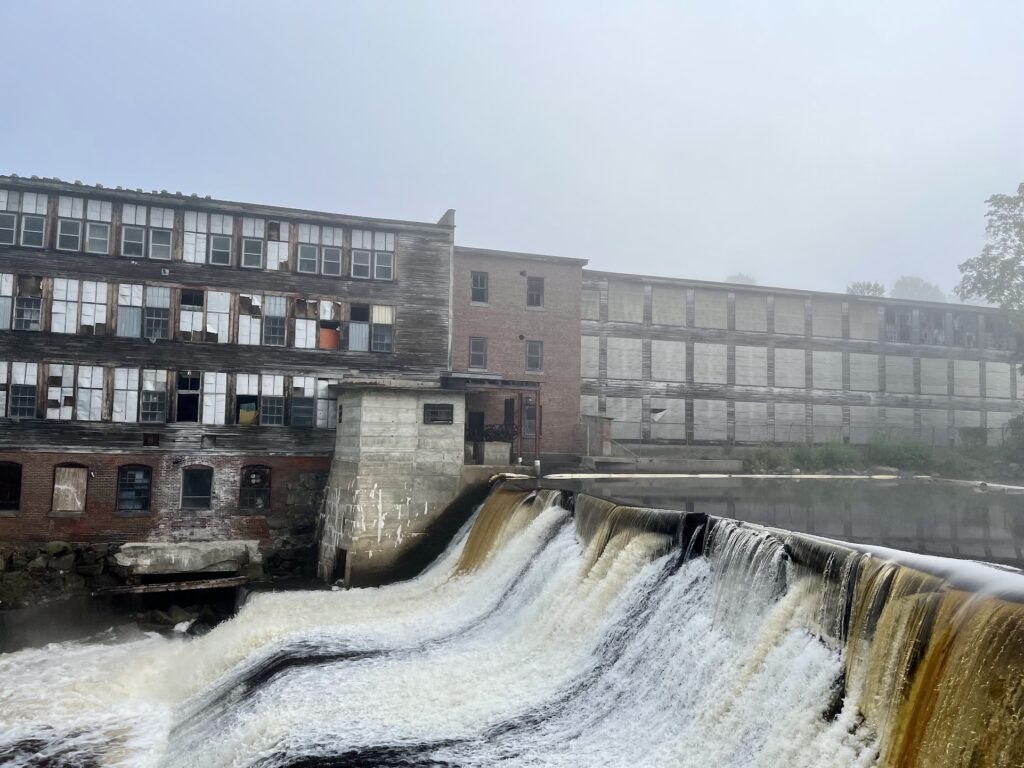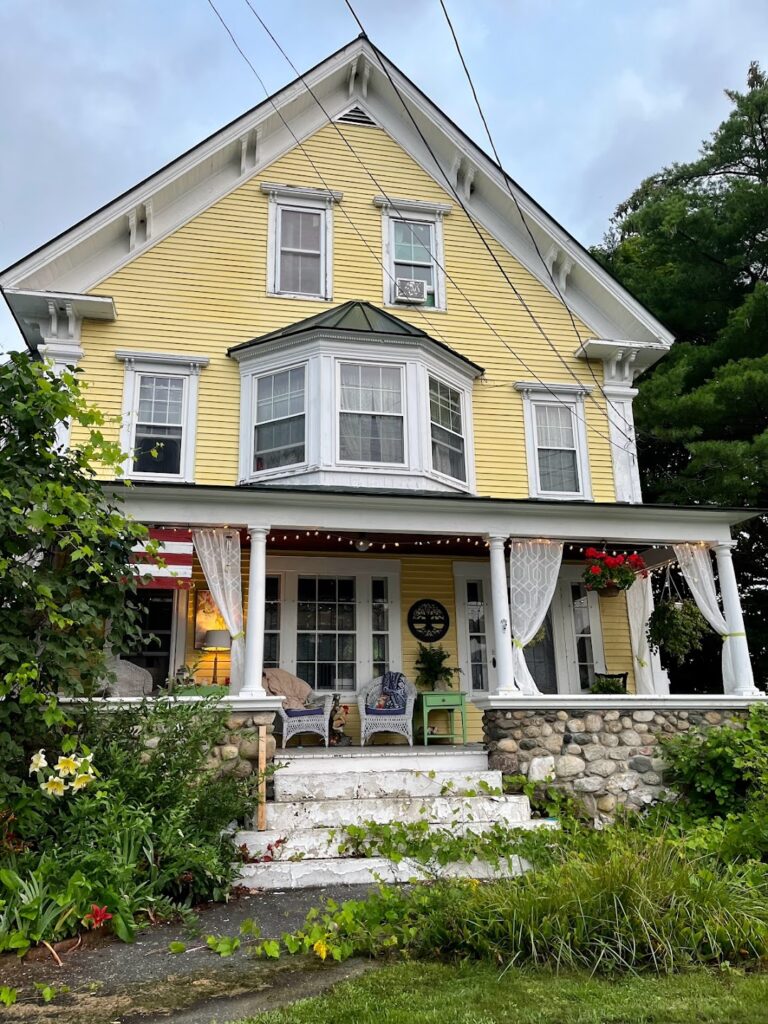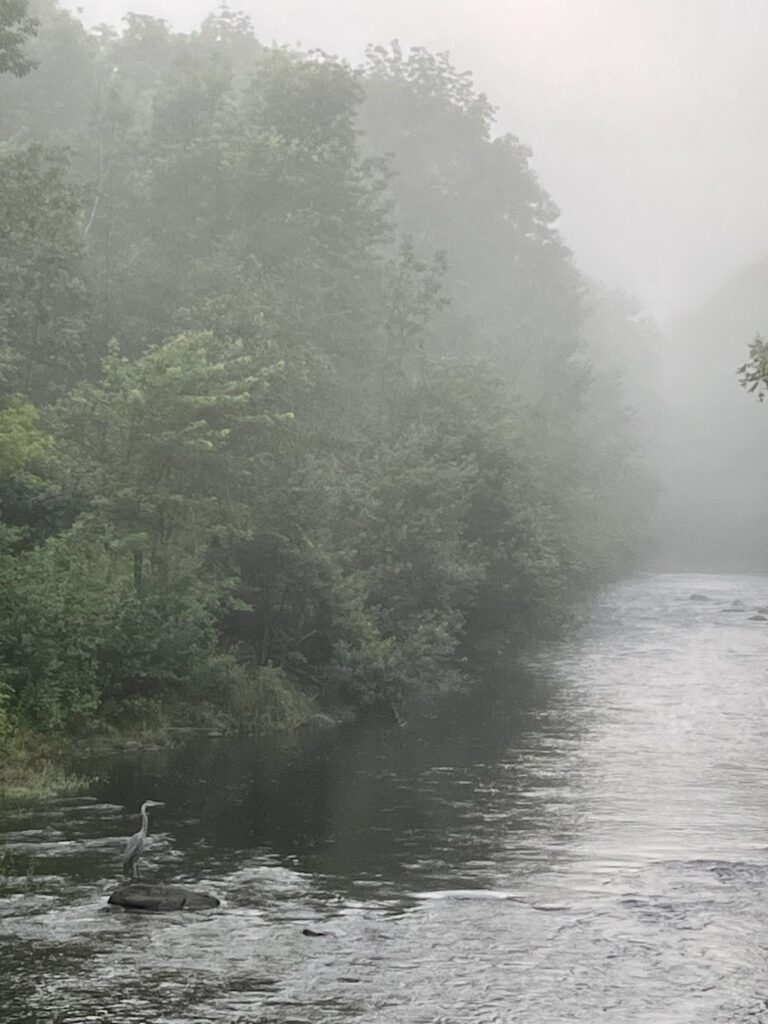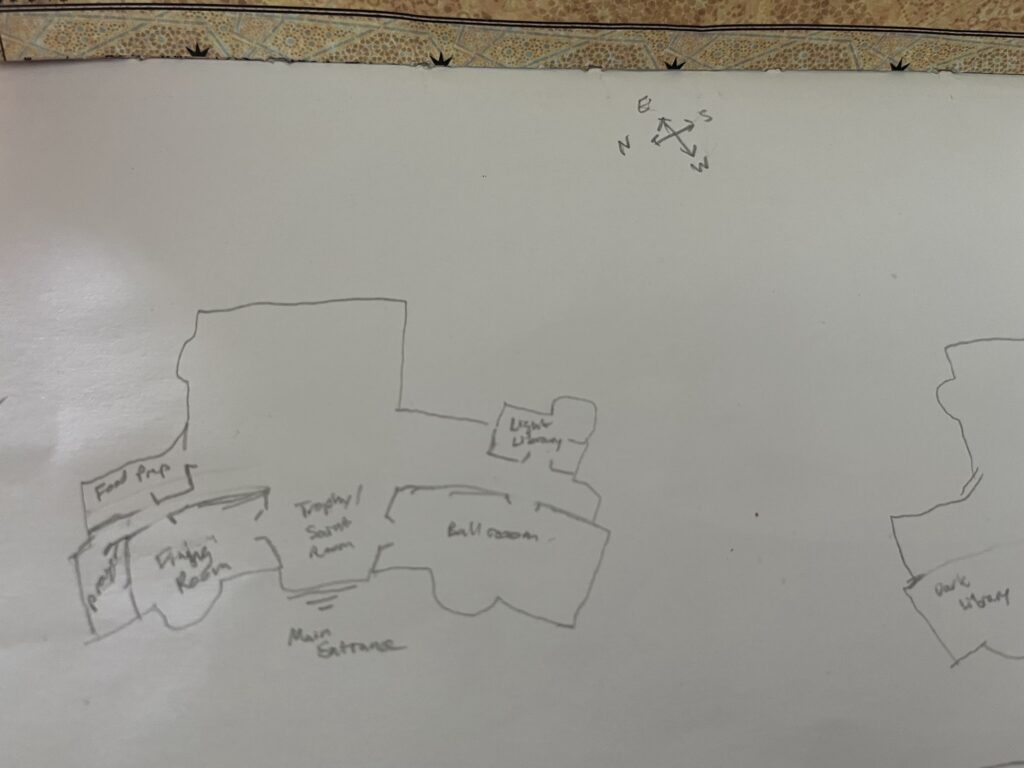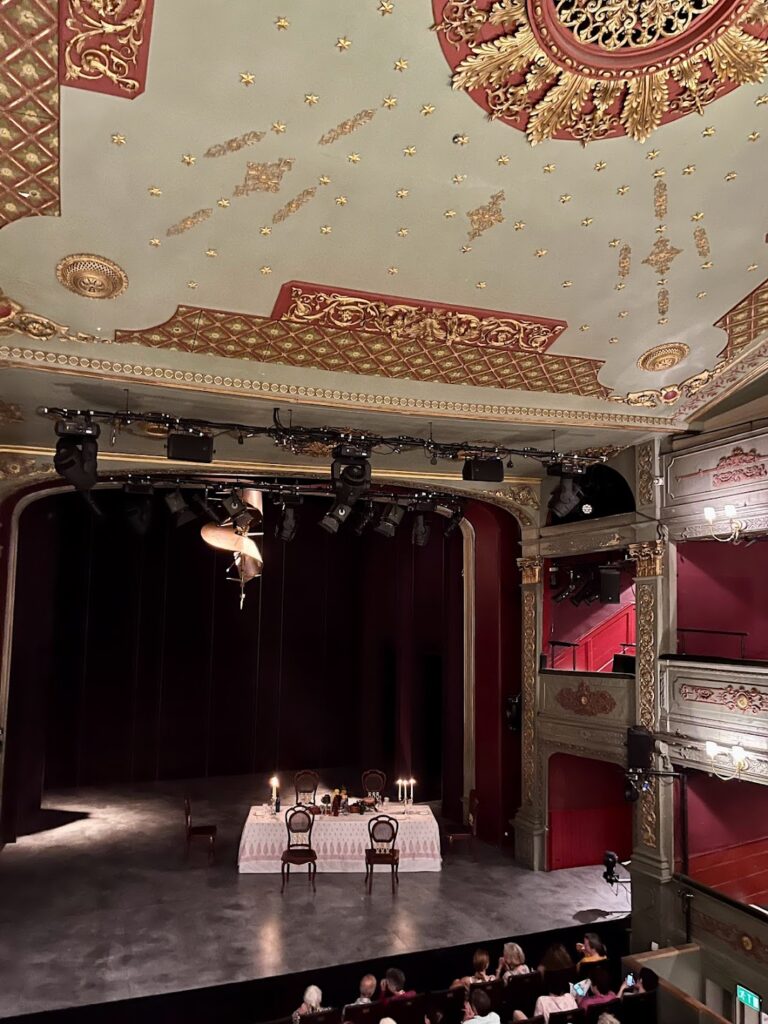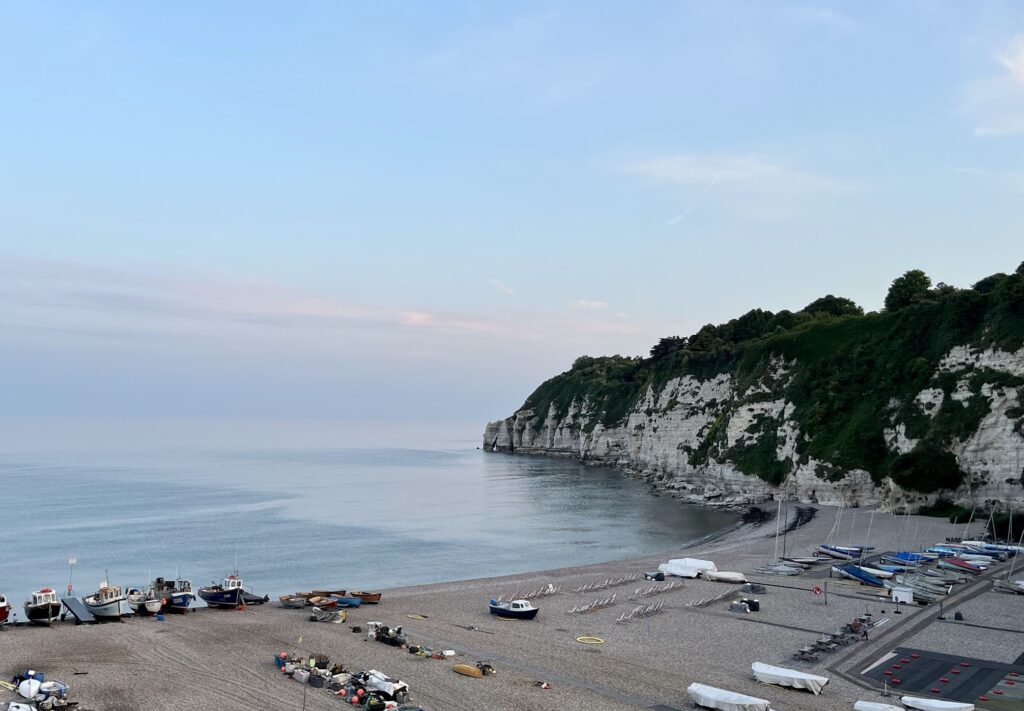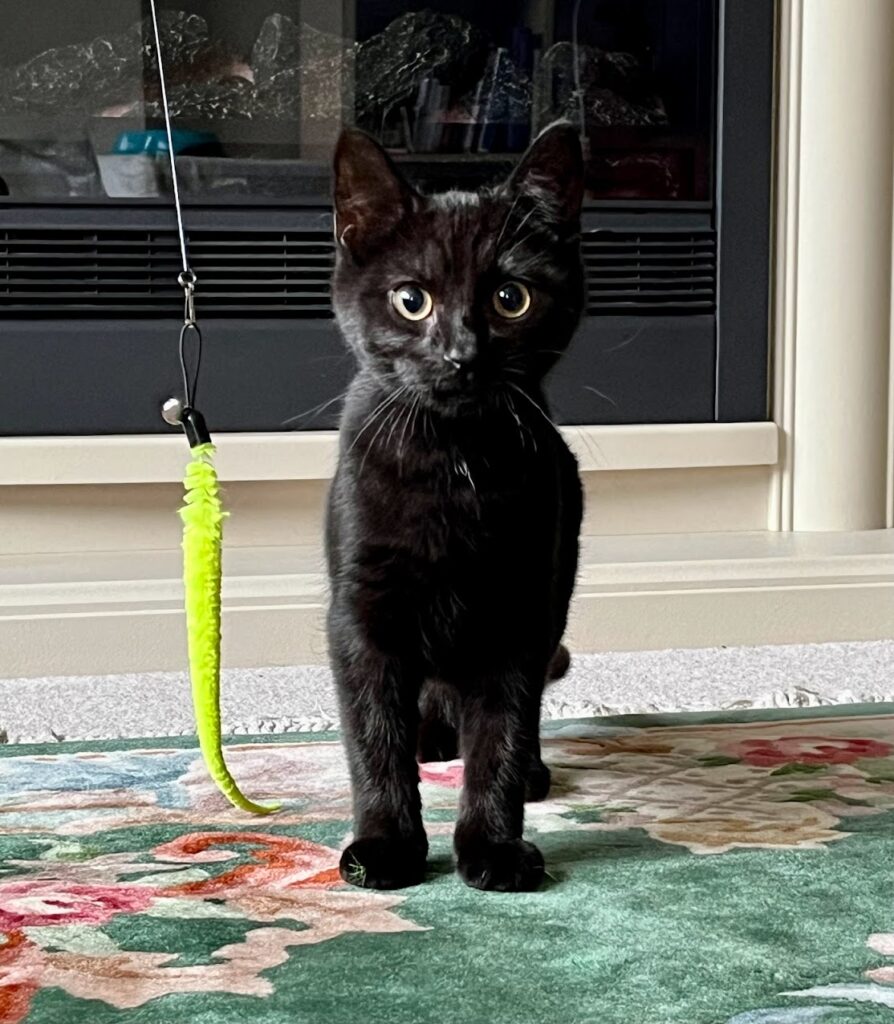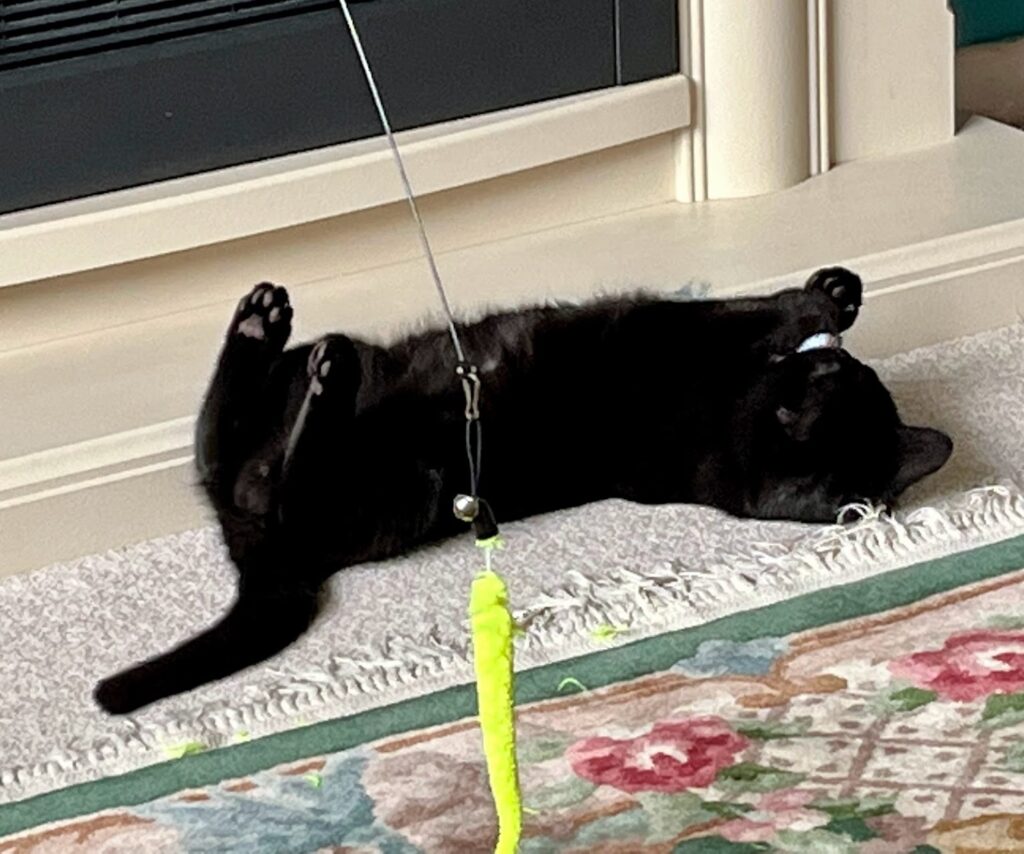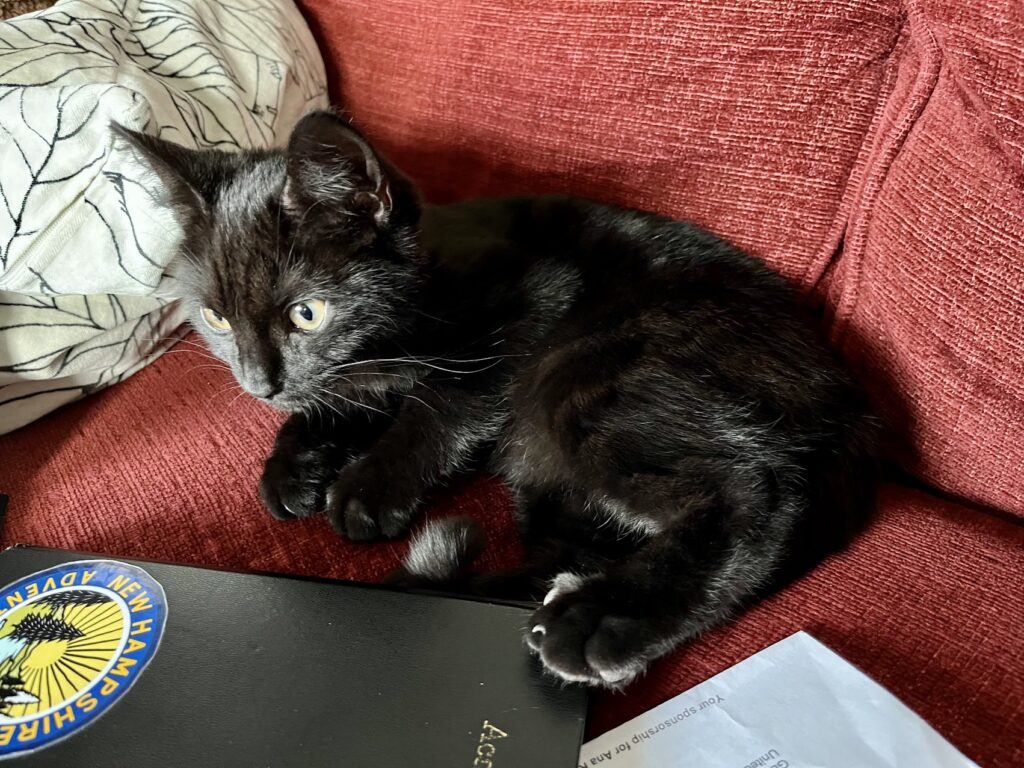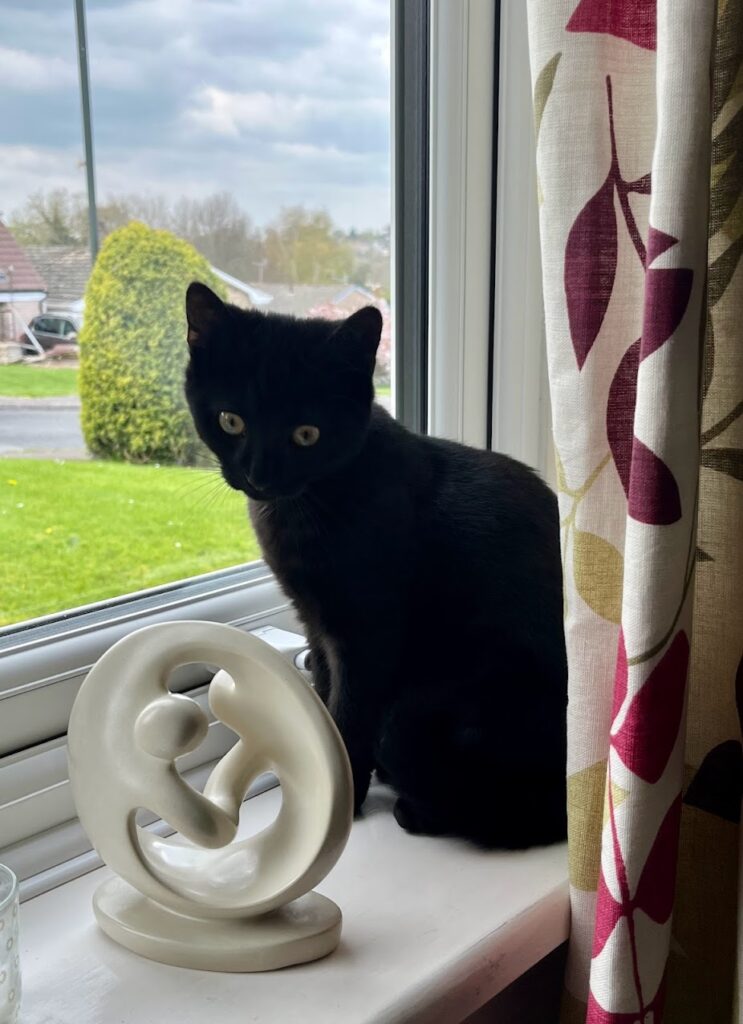This Week’s Bit of String: Catalog of catastrophe
At the start of this unending term, I changed my contract to leave school 2 hours early on Tuesdays. Just a couple extra hours a week, I hoped to use these as a springboard to cope with all the writing work and the household chores.
Only it hasn’t quite worked out. Last Tuesday, I got some errands done but when stowing one of my purchases under my bed, I noticed a feather or two around my shoes. Then a few downy clumps further back. With growing unease, and knowing that Obie the Babycat in what is surely intense devotion sometimes brings his kills under my side of the bed, I emptied the entire space.

It seemed to be carnage left from a week ago, when he brought a blackbird upstairs–trailing blood spatters over the pale-carpeted stairs and hallway which took me over an hour to scrub out, one speckle at a time. And it took me quite a while again, to sort out my shoes and bags, and hoover up all the feathers that had gotten inside them.
Dinner was in the oven as I did this, the second night of a cauliflower cheese batch I’d prepared at the weekend. Super efficient, right? Except when I took it out of the oven, it was as cool as it could be on a 28-degree-Celsius day. The oven had died. I had to re-dish it, and microwave individual portions.
We all have times when nothing seems to go smoothly, and circumstances keep us from our writing, or wear us out before we can get to it. To our dramatic writerly brains, it feels like a personal attack from the fates themselves. It’s easier to notice things that stop us from writing, than things that go right.
Could that be because, to an extent, writing is hard work and when life wears us down, we’re almost looking for an excuse not to?
The One and Only
Like many people, I project a grand authorship over life sometimes. I consider the what ifs: What if my husband had missed his train and we never met? What if our kiddo got into a different uni, one that looked after the students through covid so they didn’t have complete breakdowns, ultimately starting life over in another country? I don’t actively credit fate with these things, though. Mostly it’s myself and other people around (and the cat!) that affect my daily goings-on and beyond.

The problem with believing in fate or some sort of grand author means we might fall into thinking the full story’s written. This has been on my mind with the Presidential debate in my native USA. Political parties seem to think that just because a particular senior white guy won that one time, it absolutely must be him again. Note that the Republicans have done that with Trump–he won in 2016! (Popular vote, shmopular vote according to them)–He must have actually won in 2020 and will undoubtedly win in 2024.
But was Biden really the only person who could have managed the 2020 Democratic victory against him? Surely anyone with empathy and discernment could do it? Given how life carries on, and the many variables of national and international politics, the aging process, the changes to media consumption… I’m not sure it’s fair to say that only one person out of the whole population could do even this unique and intimidating job.
Desire vs Destiny
Believing only one person is meant to do only one thing subtracts choice from the equation. I’ve looked at that in my novel about Eve. She and Adam were essentially created for each other–but would they choose each other? We’re better at something when we’ve chosen it, when we know we want it.
And sometimes, we will convince ourselves that what we want is what we should have. The friction between wants and needs is crucial in a character’s trajectory. How many people have run for president insisting that God told them to? I wonder how they rationalised it to themselves after it didn’t work out.

Being accustomed to treating my wants with skepticism and refraining from boasts, I’ve lately been researching the querying process for The Gospel of Eve, to make sure I get it right. Apparently we’re supposed to convince agents not just that our book has a market and is super relevant today, but also that it is uniquely ours. I’m supposed to explain, very efficiently and pithily of course, why I alone could write Eve’s story and provide an alternate view of the Creation myth.
Yikes. It’s taken me some time, and late night thought, to come round to this. Anyone could offer a take on humanity’s origins. But I’ve created Eve with warmth and wry humour, and as I worked on my cover letter, it occurred to me that the major beats of my life have orchestrated the book I’ve written.
Growing up in an evangelical family in rural America, becoming a single mother and in a way, transferring my faith from religion to my new little family, then immigrating with my little Bear. I’m a combination of outsider and insider, able to balance questions with respect for those who love and depend on their God.
And I’ve also actually written the thing, and rewritten, and edited, and edited. I created a brand new version of an ancient epic–at just 340 pages, in fact–and plenty of times it felt as if the world were conspiring to exhaust me. Maybe it does take more than just wanting something, choosing it, to manage such a challenge.
What do you think? Are you particularly fated to create certain works?








